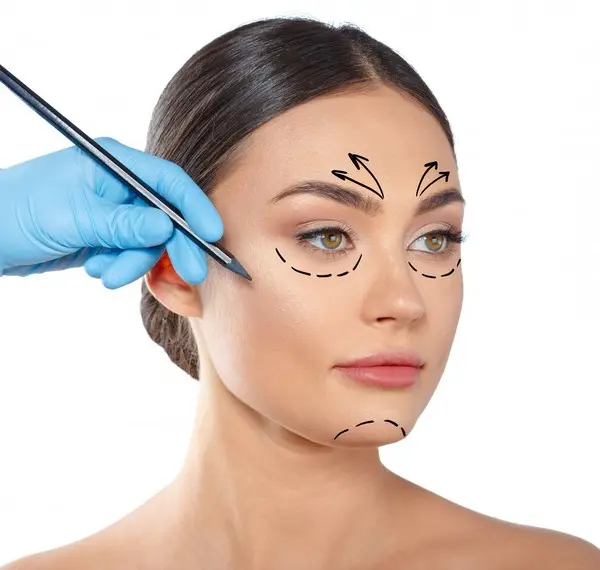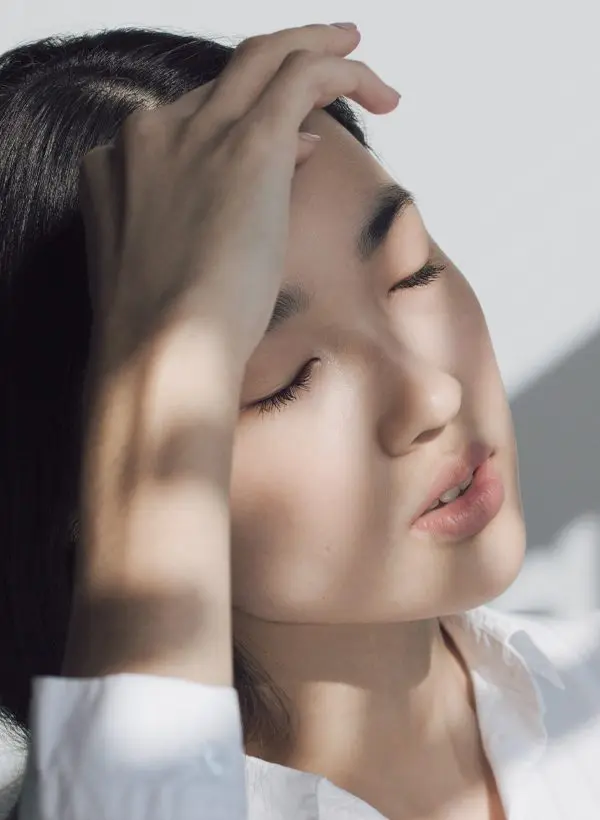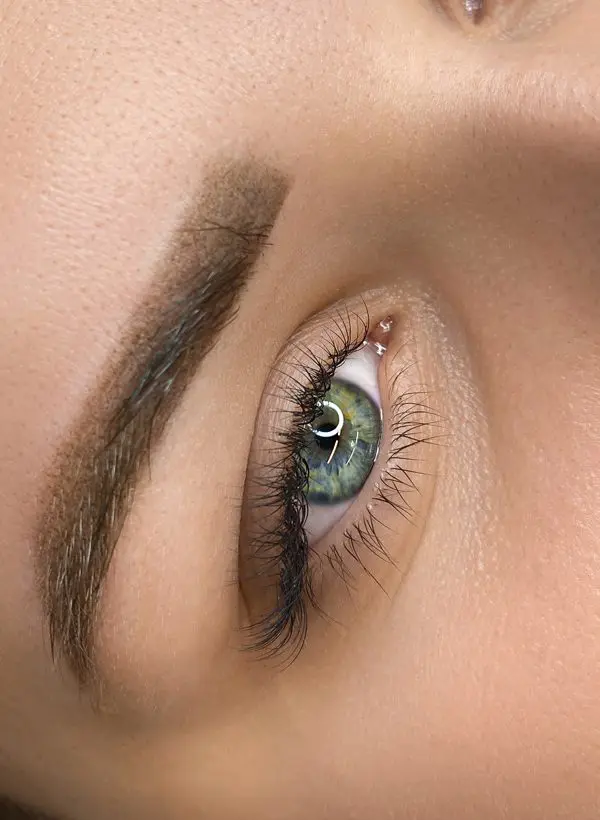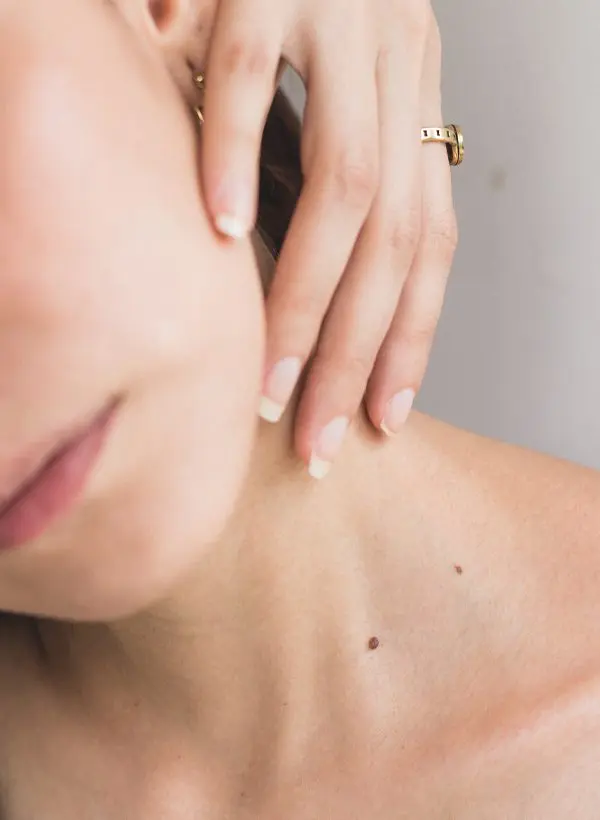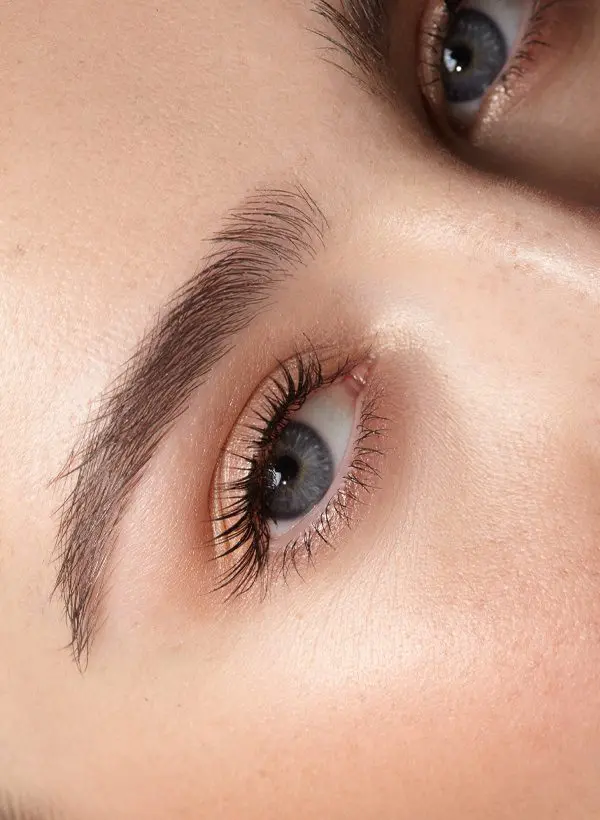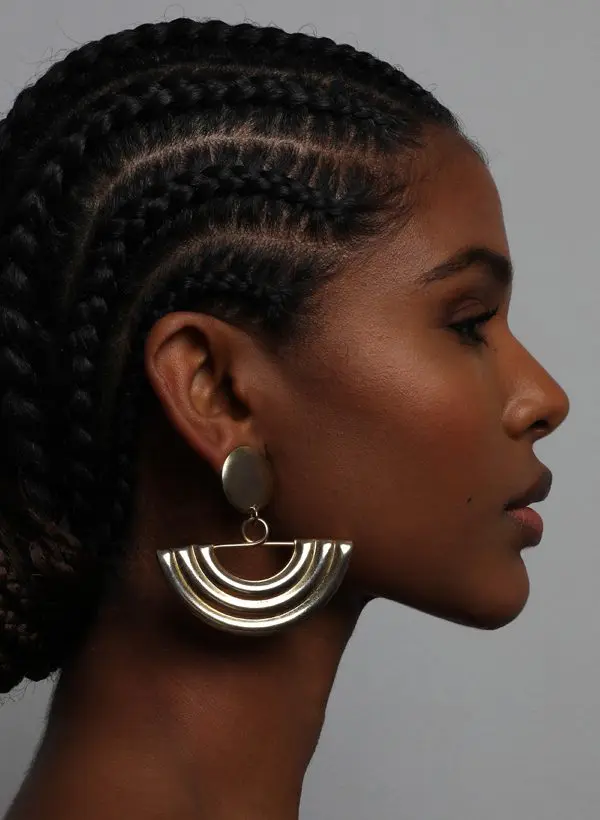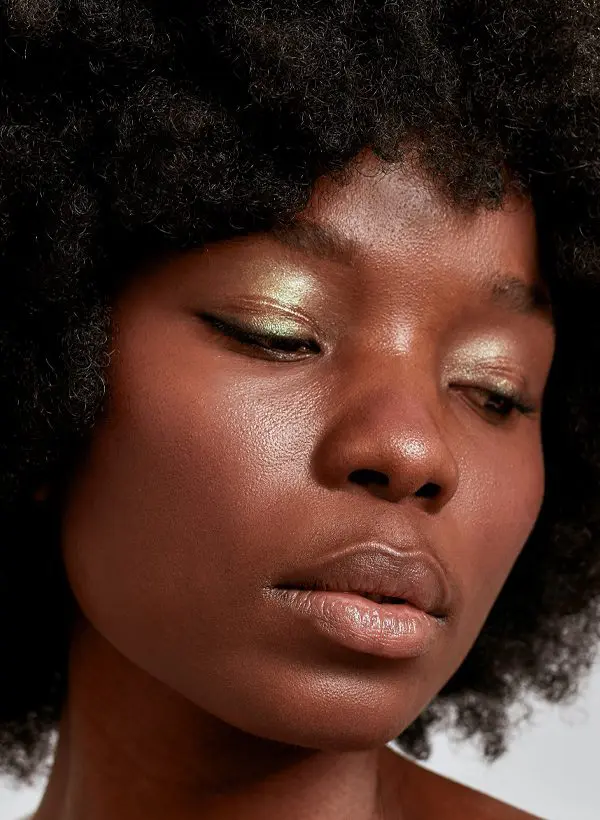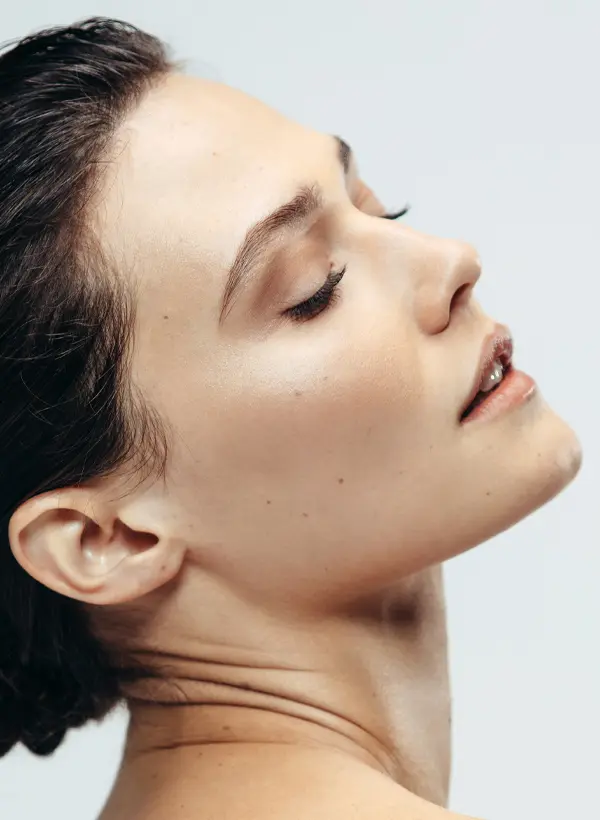CONDITIONS — FACE
Drooping Eyelids
Drooping eyelids, also known as ptosis, is a common cosmetic issue that can be addressed through plastic surgery. This condition is characterized by an abnormal droop in the upper eyelid, which can cause the patient to appear tired and aged. In some cases, the drooping eyelids can even lead to vision problems. Fortunately, there are several plastic surgery procedures designed to correct ptosis and improve the overall appearance of the eyelids. These procedures involve removing excess skin, tightening the underlying muscles, and repositioning the eyelids. During the surgery, the surgeon may also use sutures, a laser, or other tools to achieve the desired results.
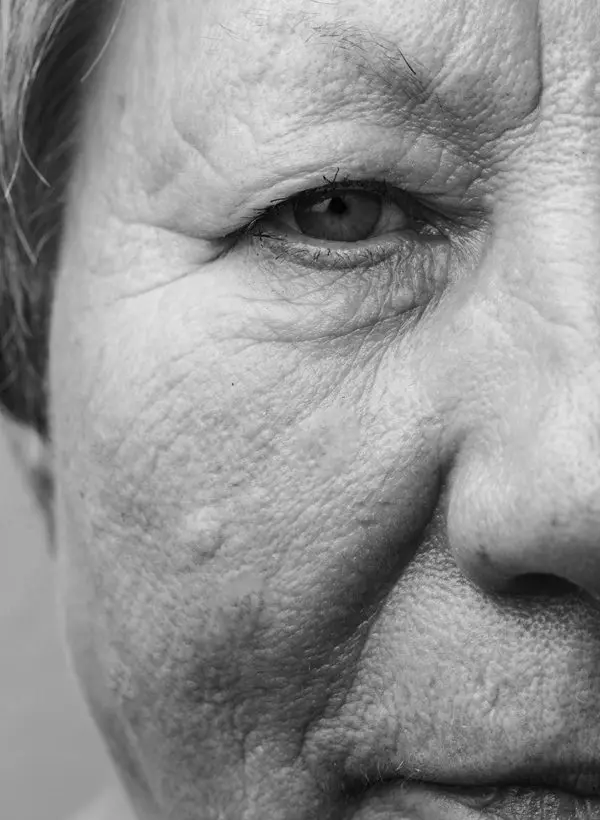
Overview
Achieving a well-refreshed face is a common aesthetic goal for the majority of individuals seeking to enhance their overall appearance and boost self-confidence. A harmoniously sculpted facial contour not only contributes to a youthful and vibrant look but also reflects one’s inner vitality and health.
The results of eyelid surgery are typically long-lasting and can help the patient look younger and more energetic. Additionally, surgery can improve vision in cases where drooping eyelids are obstructing the patient’s field of view. Recovery time is relatively short and any discomfort can generally be controlled with medications.
Drooping eyelids can have a major impact on a person’s appearance and quality of life, and plastic surgery is a safe and effective way to address this condition. If you are considering eyelid surgery, it is important to consult a qualified plastic surgeon who can explain the risks and benefits of the procedure and discuss the best treatment options for you.
Drooping eyelids, or ptosis, is an aesthetic issue that can be addressed through plastic surgery. This condition is characterised by an abnormal droop in the upper eyelid, which can cause the patient to appear tired and aged. In some cases, the drooping eyelids can even lead to vision problems. For these reasons, many people choose to undergo plastic surgery to correct the condition.
The exact procedure used to correct ptosis will depend on the severity of the condition and the patient’s individual needs. In general, the goal of the surgery is to remove excess skin, tighten the underlying muscles, and reposition the eyelids. During the surgery, the surgeon may use sutures, a laser, or other tools to achieve the desired results.
The most common type of eyelid surgery is blepharoplasty, which can be performed on the upper or lower eyelids. This procedure involves making small incisions in the eyelid and removing any excess skin or fat. The surgeon may also reposition the muscles and fat to create a smoother eyelid contour. Blepharoplasty can also be performed in conjunction with other procedures, such as brow lifts and face lifts, to achieve the desired results.
Other surgical options for treating ptosis include the use of eye lifts and ptosis crutches. Eye lifts involve making small incisions in the eyelid and repositioning the muscles and fat to create a smoother eyelid contour. Ptosis crutches involve inserting a small metal rod or wire into the eyelids to support them and prevent them from drooping.
Recovery time after eyelid surgery is generally short, and any discomfort can be controlled with medications. The results of the surgery are typically long-lasting and can help the patient look younger and more energetic. Additionally, surgery can improve vision in cases where drooping eyelids are obstructing the patient’s field of view.
If you are considering eyelid surgery, it is important to consult a qualified plastic surgeon who can explain the risks and benefits of the procedure and discuss the best treatment options for you. With the right treatment plan, drooping eyelids can be corrected and the patient can enjoy a more youthful and vibrant appearance.
Facelift Condition
- Tired Eyes
- Facial Ageing
- Facial Volume Loss
- Wide / Square Jaw
- Gummy Smile
- Chin Augmentation
- Jawline Rejuvenation
- Jowls
- Teeth Grinding
- Eye Bags
- Drooping Brow
- Drooping Eyelids
- Double Chin
- Nasolabial Folds
- Premature Ageing
- Wrinkles
- Crows Feet
- Frown Lines
- Forehead Lines
- Drooping Mouth / Marionette Lines
- Thin Lips
- Gaunt Cheeks
- Prominent Ears
- Sagging Neck
- Turkey Neck
Related Treatments
News & Resources

Breast Reduction Surgery: Benefits, Risks, and Recovery
Breast Reduction Breast Reduction Surgery: Benefits, Risks, and Recovery Lighter, Firmer, Confident – The Transformation You Deserve! The weight carried, both literally and figuratively, when breasts are disproportionately large can significantly impact daily life, from physical discomfort to emotional strain. It’s a deeply personal experience, and considering surgical intervention is

Common Problems After Breast Reduction Surgery and How to Avoid Them
Breast Reduction Common Problems After Breast Reduction Surgery and How to Avoid Them Breast reduction surgery, or reduction mammoplasty, is a cosmetic technique that reduces the size of a person’s breasts, chest, or nipples. In general, the advantages outweigh the hazards, which are both low and uncommon. Still, it’s critical
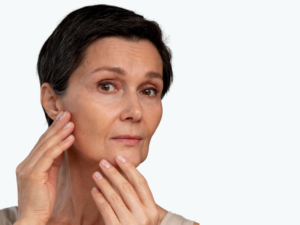
Sagging Skin & Jowls: How Facelift Surgery Can Restore a Defined Jawline?
FaceLift Sagging Skin & Jowls: How Facelift Surgery Can Restore a Defined Jawline? As we age, the skin naturally loses some of its strength and elasticity, causing changes in our overall appearance. One of the most prominent effects of this process is the gradual sagging of skin, particularly around the
